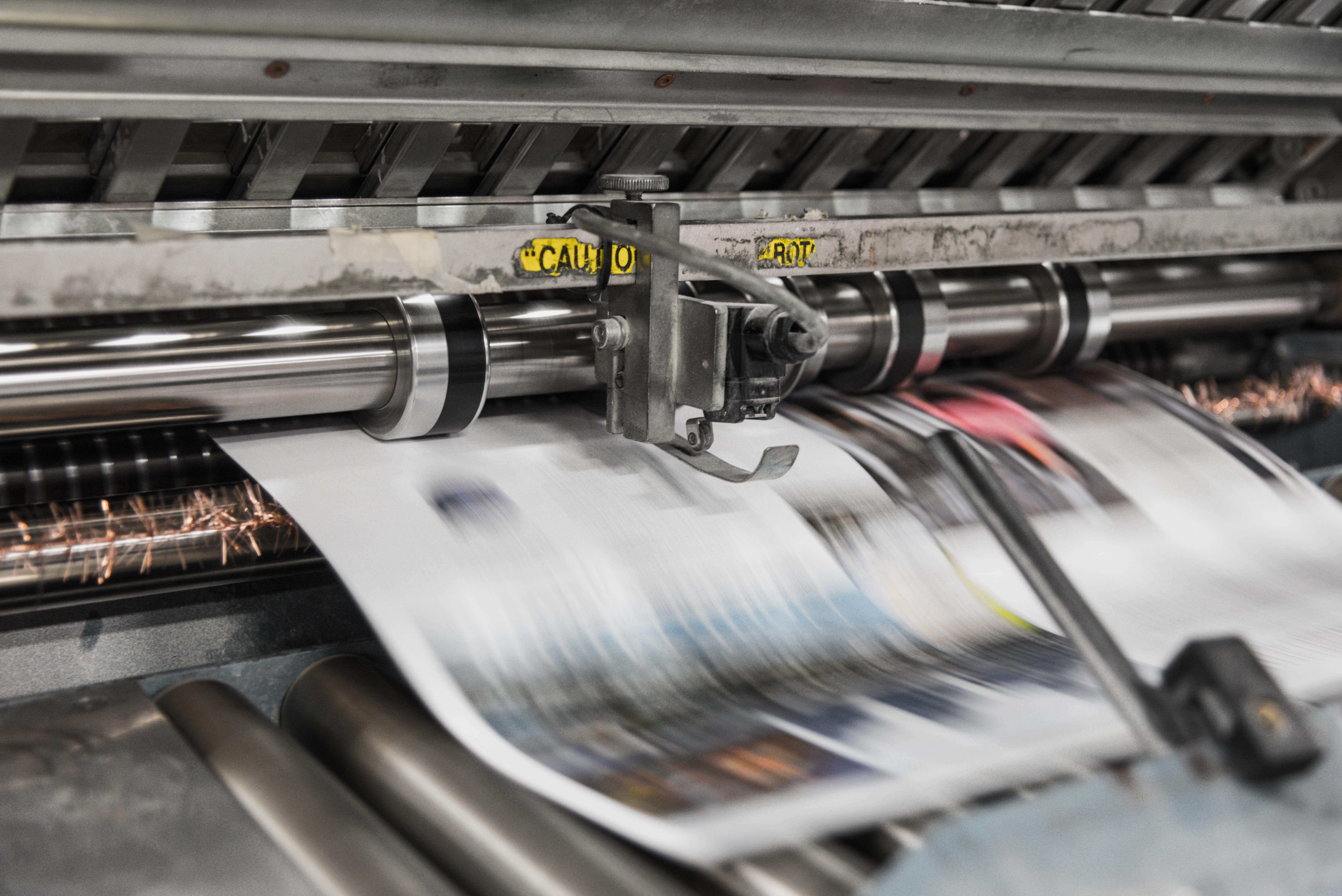News
Leveraging public procurement to accelerate the transition to a circular economy
2 Jul 2024
The recent CCD webinar explored the tools and best practices European cities are using to integrate circular approaches into public procurement. A panel of experts and city representatives shared innovative strategies and successes in advancing circular procurement.
Sonia da Fonseca from the European Investment Bank (EIB) set the stage by highlighting the significant potential of circular public procurement to drive the circular economy in cities. She detailed how such procurement can reduce resource use, carbon emissions, and waste, thereby delivering both social and environmental benefits. da Fonseca emphasised the need for a shift from traditional procurement practices to more collaborative approaches, and shared insights on EIB's initiatives that support this transition.
In an engaging segment, Alexandra Vandevyvere from Circular Flanders and Johanna Tunlid from Malmö presented their work on the ProCirc project and the CEO Circular Economy Office project, focusing on the procurement of circular furniture. They highlighted how integrating circular principles into regular procurement processes, and the use of Joint Statement of Demand (or JSD) can streamline operations and promote sustainability.
The webinar also featured an inspiring example from London, where Rachel Shairp of ReLondon and Andy Gold from the London Borough of Newham discussed the Circular Food Purchasing Commitment and its application. This initiative aims to reduce food waste and the environmental impact of food procured by local authorities in the capital. The London Borough of Newham used this approach to procure school meals. Their presentation underscored the importance of clear targets and collaborative efforts in achieving significant environmental benefits.
Erik Nyroos from the city of Helsinki introduced a fascinating innovation procurement approach used to address the challenges associated with artificial turf in stadiums. By implementing a dynamic purchasing system, Helsinki is fostering circular solutions that meet strict sustainability criteria. This approach not only addresses the environmental concerns but also encourages continuous innovation among suppliers.
The session concluded with Godard Croon from Rotterdam outlining how Rotterdam is monitoring the circularity of their construction procurement processes using the Dutch Wizzr tool. They monitor the type of construction material used in a project (virgin, renewable, recycled, reused), the destination of construction waste, as well as the CO2 impact of the project. Godard emphasised that robust monitoring is essential for demonstrating impact and fostering greater adoption of circular practices.
Throughout the webinar, the discussions underscored the importance of market engagement, collaboration, capacity building, and comprehensive monitoring to overcome challenges and fully harness the potential of circular procurement. The exchange of ideas and experiences among cities proved to be a vital component in advancing the circular economy agenda across Europe.
The recording of the session is available here.
All news

